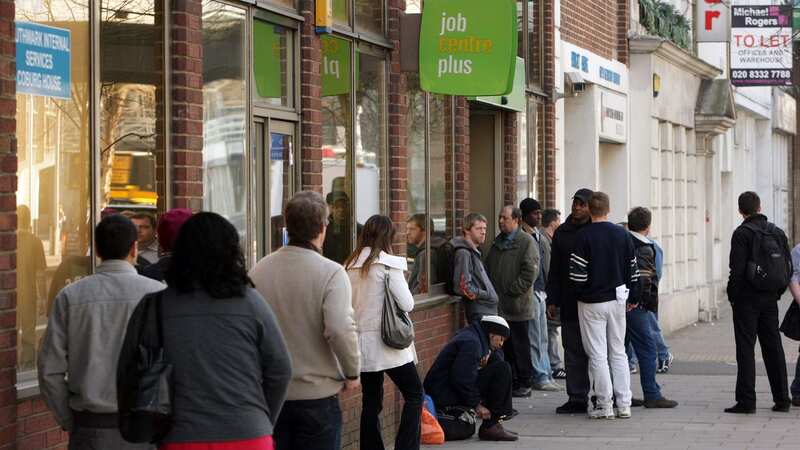DWP confirms exact timetable for when bank account data checks can begin

The Department for Work and Pensions (DWP) has revealed when new bank checks on benefit claimants will begin.
In 2022/2023, a shocking £8.3billion was lost to fraud and error in the welfare system, with most of it due to fraud committed by claimants. The DWP said it had paid out £894million to people on Universal Credit who hadn't declared they'd received too much money to be on benefits.
There is a savings limit of £16,000 for those on Universal Credit, income-based Jobseeker's Allowance, income-related Employment and Support Allowance, Housing Benefit and Income Support. If savings go over this level, benefit claims are stopped - and shouldn't be approved in the first place if someone has that much when applying.
Currently, the DWP can only request to check an individual's account if it already suspects fraud. It also relies on claimants themselves to report any changes in circumstances - including large cash deposits - that mean they're no longer entitled to benefits.
Join our Money WhatsApp community for savings tips, top deals and consumer news
 Six teachers open up on 'difficult' strike decision - and why they are doing it
Six teachers open up on 'difficult' strike decision - and why they are doing it
New plans in the Data Protection and Digital Information Bill could mean banks and building societies have to share data with the DWP on all accounts where benefits are paid in. This would be used to spot accounts that have too much savings or show a claimant is staying abroad for more than four weeks.
The top 15 banks in Britain - which deal with 97 per cent of all DWP benefit payments - will need to set up systems that automatically check claimants' accounts for signs of possible fraud. The law would let other financial institutions join in future so fraudsters can't move their money to avoid being caught.
The DWP plans to test the new crackdown from 2025 and then start using it properly from 2027. It's thought to be running at full scale, with all banks involved, by 2031. We've put the full timetable below.
A Government report on the new measures gives the schedule as follows: "The policy has been designed in collaboration with operational colleagues, whereby a period of 'test and learn' will begin in 2025 with a limited number of banks and building societies."
"The purpose of this approach is to get the data sharing agreement between DWP and third-party data holders right, before implementing the policy on a larger scale. After the focused test and learn, the policy will begin gradual roll-out (from 2027/28), with it reaching full scale by 2030/31."
Here's the timetable for the DWP bank checks - along with the savings made from stopping fraud and error:
- 2025 - testing of new bank account checks begins
- 2025/26 - savings generated of less than £10m in the first year
- 2026/27 - savings of £40m
- 2027/28 - gradual rollout of full powers with savings of £170m
- 2028/29 - savings of £310m
- 2029/30 - savings of £430m
- 2030/31 - new powers operating at full scale with all 15 banks, generating savings of £530m
- 2031/32 - savings of £560m
- 2032/33 - savings of £540m
- 2033/34 - savings of £510m
- 2034/35 - savings of £480m
- Total savings in the period covered by projections: £3,580m
The savings are mainly from detecting capital fraud and abroad fraud. Capital fraud - having too much money to claim benefits - is the main reason for the savings, making up £3.1 billion out of the total £3.6 billion.
Read more similar news:
Comments:
comments powered by Disqus































